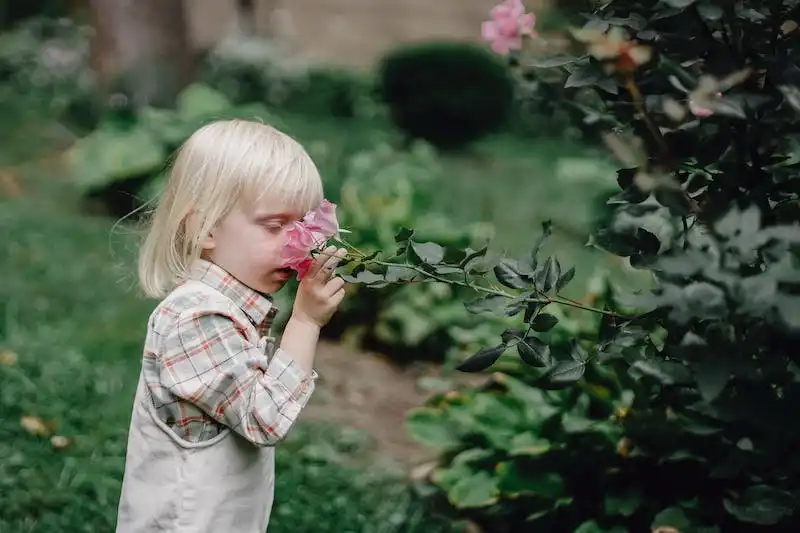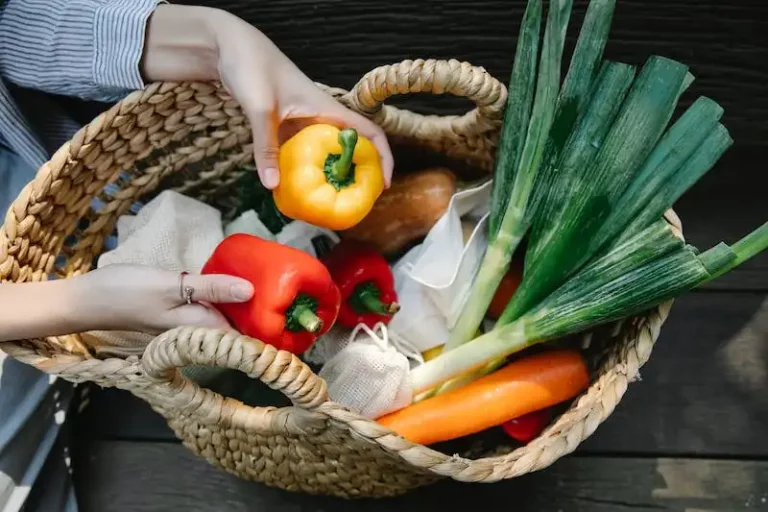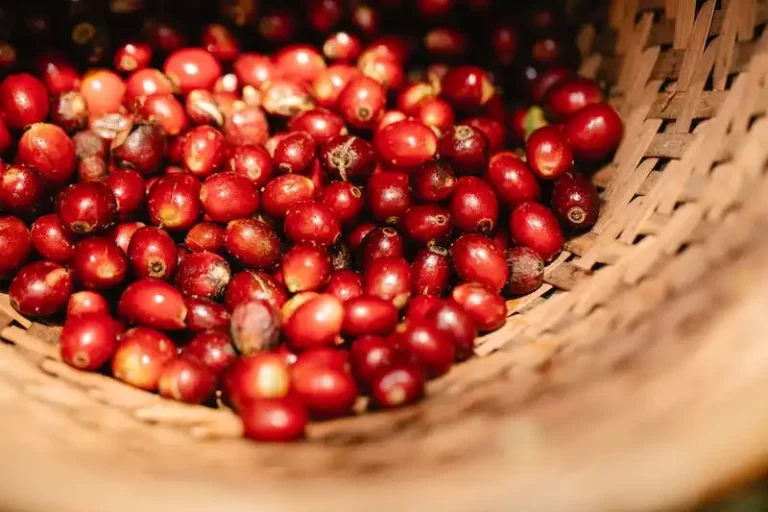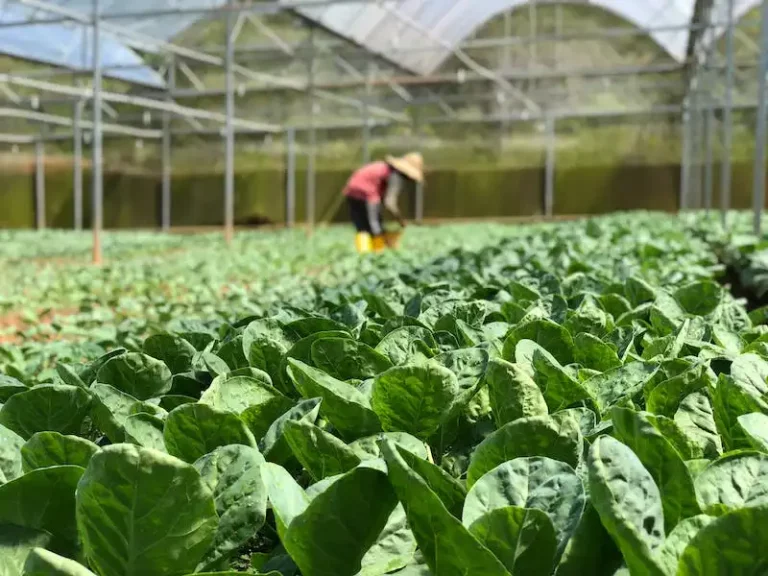If you’re a provider of your own vegetables, you most likely enjoy the taste of fresh produce. Green beans, known for their crisp texture and delicious taste, are a favorite among many home gardeners. Plus, they’re easy to grow and don’t require much space.
There are several types of green beans to choose from, including pole beans and bush beans. Pole beans grow vertically and often reach impressive heights, making them perfect for vertical gardens or trellises. Bush beans, on the other hand, grow in a compact bush-like form and don’t require support.
When it comes to taste, green beans are an amazing addition to any dish. They’re versatile and can be enjoyed cooked or raw. One popular variety is called Maxibel, which is known for its tender pods and exceptional flavor. These beans can be frozen and enjoyed year-round.
If you’re looking for a winner in the green bean world, the Rattlesnake bean is a top choice. With its unique purple streaks, it adds a pop of color to any garden. This pole bean variety is a reliable producer and has an exceptional taste that is loved by bean enthusiasts worldwide.
Another great option for green bean growers is the Blue Lake variety. These beans are easy to grow and have a tender, stringless texture. They’re often used in Chinese cuisine and make a tasty addition to stir-fries and other Asian dishes.
Whether you choose to grow pole beans or bush beans, green beans are a great addition to any vegetable garden. Their high yield and short harvesting time make them a popular choice for both novice and experienced growers. So, if you’re ready to add some green beans to your porch or garden, make sure to pick the variety that suits your taste and growing conditions.
Having trouble deciding which type to grow? Why not try growing a mix of different varieties and see which one becomes your favorite? With so many delicious options available, you can’t go wrong with green beans!
7 Kinds of Green Beans to Know About
When it comes to choosing which green beans to grow in your garden, there are plenty of options to consider. Each variety has its own unique characteristics and flavors, so it’s important to find the right kind that suits your palate and gardening preferences. Here are seven types of green beans that you should know about:
| Variety | Habit | Meaty or Stringless | Productive | Harvest Time | Special Features |
|---|---|---|---|---|---|
| Seychelles | Bush | Meaty | High | Early to mid-season | Snap bean |
| Scarlet Runner | Vine | Meaty | High | Mid to late-season | Ornamental flowers |
| Willow Leaf | Bush | Stringless | Medium | Early to mid-season | Edible leaves |
| American Indian | Vine | Meaty | High | Mid to late-season | Heirloom variety |
| Strike II | Bush | Stringless | High | Early to mid-season | Mosaic virus resistance |
| Bean of the South | Vine | Tough | High | Mid to late-season | Heat-tolerant |
| Long Green | Vine | Meaty | High | Mid to late-season | Excellent for canning |
Each of these green bean varieties has its own qualities that make it stand out. Whether you prefer bush or vine habits, meaty or stringless beans, or early or late-season harvesting, there’s a green bean variety that will meet your needs. Consider factors like flavor, texture, and productivity when making your selection.
Green beans are a versatile vegetable that can be used in a variety of dishes. From salads to stir-fries, these beans provide a nutritious and delicious addition to any meal. They can be cooked in different ways, such as steamed, boiled, or sautéed, depending on your preference.
If you’re having trouble deciding which green bean variety to grow, remember that there’s no wrong choice. Experiment with different types and see which ones you enjoy the most. You might even discover a new favorite that will become a staple in your garden for years to come.
Regardless of which green bean variety you choose, make sure to provide them with proper care and support. These plants will need well-draining soil and access to full sun for optimal growth. Use trellises or netting to support vine types, and consider using stakes or plant cages for bush types.
Green beans are generally ready to harvest between 50 to 70 days after planting, depending on the variety. Pick them when they’re still young and tender for the best flavor and texture. Avoid waiting too long, as mature beans can become tough and stringy.
In conclusion, knowing about the different kinds of green beans available allows you to make an informed decision when selecting what to grow in your garden. Take into account factors like habit, meatiness, productivity, and special features to choose the variety that suits your preferences and gardening conditions the best. Regardless of the type you choose, green beans are a delicious and nutritious addition to any meal.
A Short History of the Green Bean
The history of green beans is a fascinating tale of cultivation and adaptation. Green beans, also known as string beans or snap beans, have been a staple in gardens and on dinner tables for centuries.
Originally from Central and South America, green beans were brought to Europe by European explorers in the 16th century. They quickly became popular in gardens across the continent, with different types of green beans being grown in various countries.
In the United States, green beans were first cultivated in the late 17th century in the southern state of Kentucky. One of the most popular types of green beans at the time was the Kentucky Wonder, known for its productive vines and tendergreen pods.
Another type of green bean that gained popularity in the United States was the Blue Lake, which was developed in the early 20th century. Blue Lake beans became a favorite among gardeners and home cooks for their exceptional taste and stringless pods.
In addition to these popular varieties, there are many other kinds of green beans that you can grow in your own garden. Some examples include the Rattlesnake beans with their striking purple streaks, the Scarlet Runner beans with their vibrant red flowers, and the Roma beans, which are great for freezing.
Whether you choose to grow them on a support pole, in pots on your porch, or in a traditional garden bed, green beans are a versatile and productive vegetable. They can be harvested and enjoyed fresh, or frozen for later use.
As you can see, the history of green beans is rich and diverse. From their origins in Central and South America to their popularity among American gardeners, green beans have made a significant impact on the culinary landscape. So, the next time you enjoy a plate of green beans with your meal, take a moment to appreciate the long and storied history of this humble vegetable.
The Iconic Dish Featuring Green Beans
Green beans are a versatile vegetable that can be prepared in numerous ways. However, one iconic dish stands out when it comes to showcasing the exceptional taste and texture of green beans.
Whether you call it “green bean casserole” or “green beans almondine,” this classic recipe is a must-have on every holiday table. Made with long, tender green beans and a creamy sauce, this dish is the perfect combination of comfort and elegance.
While there are many types of green beans that can be used in this dish, one variety that is frequently chosen is the purple-podded bean. The beautiful purple color adds a bonus aesthetic appeal to the dish, making it even more enticing. However, purple-podded beans are not the only option. There are many other varieties that you can grow in your own garden or find at the market.
One such variety is called Maxibel. These green beans are known for their slender shape and exceptional taste. They are stringless, meaning you won’t have to spend time removing any tough strings before cooking. With Maxibel, you can enjoy the full flavor of the beans without any unwanted distractions.
Another popular variety is called Kentucky Blue. These beans are bush-type, meaning they don’t require any support or trellising. Kentucky Blue beans also have a high yield, making them perfect for large families or those who enjoy canning and preserving their own food.
When it comes to the classic green bean dish, it’s hard to beat the taste and flavor of pole beans. Pole beans, also known as “Kentucky Wonder,” are a southern favorite. These beans have a slightly heavier texture than other types, giving them a satisfying bite that is sure to please the palate. They’re the best choice if you want to enjoy a truly traditional southern-style green bean dish.
No matter which variety you choose, one thing is for certain: green beans are a delicious and nutritious addition to any diet. They can be enjoyed in a variety of dishes and are loved by people all around the world. So, whether you’re growing your own or picking them up at the market, make sure to include green beans in your next meal. You won’t be disappointed!
Blue Lake Bush: The King of Green Beans
If you know anything about green beans, then you’ve probably heard the story of Blue Lake Bush. This large and tender variety is a favorite among gardeners around the world.
Blue Lake Bush beans are amazing because they can be enjoyed fresh from the garden, cooked, or even frozen for later use. They are wonder beans that have been favored for generations and continue to be a popular choice for all bean lovers.
The Blue Lake Bush variety is an iconic runner bean that is not only tasty but also versatile. They have a tongue-tingling flavor that is hard to beat, making them the best choice for your garden or market table.
Blue Lake Bush beans are no ordinary beans. They have a long and impressive history, originating from Chinese crops. These beans have been enjoyed for decades and have even made their way to the American homestead.
The Blue Lake Bush beans are short in habit, growing to about 2 feet tall, making them perfect for gardens of all sizes. They can be grown in pots or directly in the ground, providing a bountiful harvest for every gardener.
One of the best things about Blue Lake Bush beans is that they are stringless. Unlike other types of beans, you won’t have to worry about tough and chewy strings when enjoying these beans. They are tender, round, and slender, making them a delight for every palate.
But what sets Blue Lake Bush beans apart from the rest is their vibrant blue color. The pods are a beautiful shade of blue and are packed with flavor. Blue Lake Bush beans are ready to be enjoyed as soon as they reach maturity.
Blue Lake Bush beans also have a hidden bonus. These beans are resistant to mosaic viruses, which can be a common problem in other bean varieties. This means that your Blue Lake Bush beans will keep producing even when other selections may not.
If you’re looking for a reliable and delicious green bean variety to include in your garden, Blue Lake Bush beans are the one. With their rich history, tender texture, and beautiful blue pods, you can’t go wrong with this green bean king.




